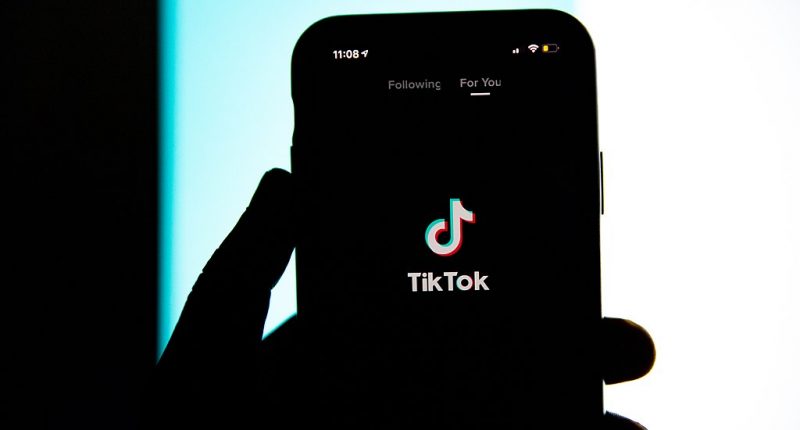TikTok just can’t seem to catch a break as it faces multifaceted scrutiny from around the world. While the ongoing battle in the United States continues, the ByteDance owned company has now vowed to an Australian government committee that it will open its source code and algorithm for tests and review by government officials. By doing so it hopes to prove its innocence in the matter.
Executives from the company’s Australian operations appeared before the committee on Foreign Interference through Social Media, today. In this meeting, they promised to provide the algorithm of the platform for inspection by the committee. TikTok has invited qualified government personnel to its transparency and accountability centers in Los Angeles and Washington or a virtual tour of these centers, to test its source code and review the algorithm.
Roland Cloutier, Global Chief Security Officer at ByteDance said, “(It will be) available in a public setting for regulators, governments, commercial entities to come in and to test our code”. He further added that TikTok’s source code is not the same as its Chinese counterpart Douyin, contrary to popular belief.
Governments across the globe are questioning TikTok’s credibility and its links to the Chinese government, accusing the app of helping the CCP mine users’ data through the platform. India, the platform’s former largest market, has already banned the platform, and prospects in U.S. don’t look very good either. Thus, it’s not very surprising that TikTok is going on a transparency drive
Moreover, to solve this issue of distrust, a deal between TikTok, Oracle and Walmart was brought into the picture, resulting in the formation a new entity, ‘TikTok Global’. The new deal would have allowed Oracle to have access to TikTok’s source code. However, TikTok Global hit a wall when ByteDance and Oracle claimed contradicting views on the ownership of the new TikTok Global. ByteDance said that it will retain a majority in the platform whereas, Oracle claimed that the new TikTok platform will be majorly owned by American firms with zero Chinese interference. Moreover, China has suggested that it won’t allow the deal to happen, and now, we are back to square one.
The deal is still not off the table, but it might run into some large delays, if it ever happens in the first place.
The Tech Portal is published by Blue Box Media Private Limited. Our investors have no influence over our reporting. Read our full Ownership and Funding Disclosure →





